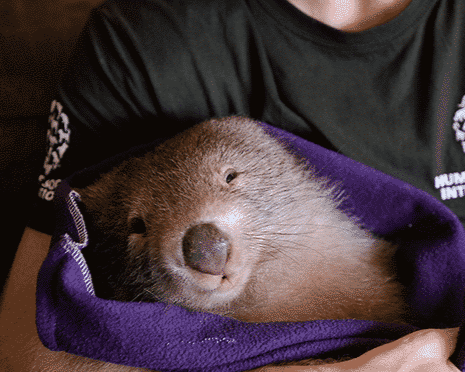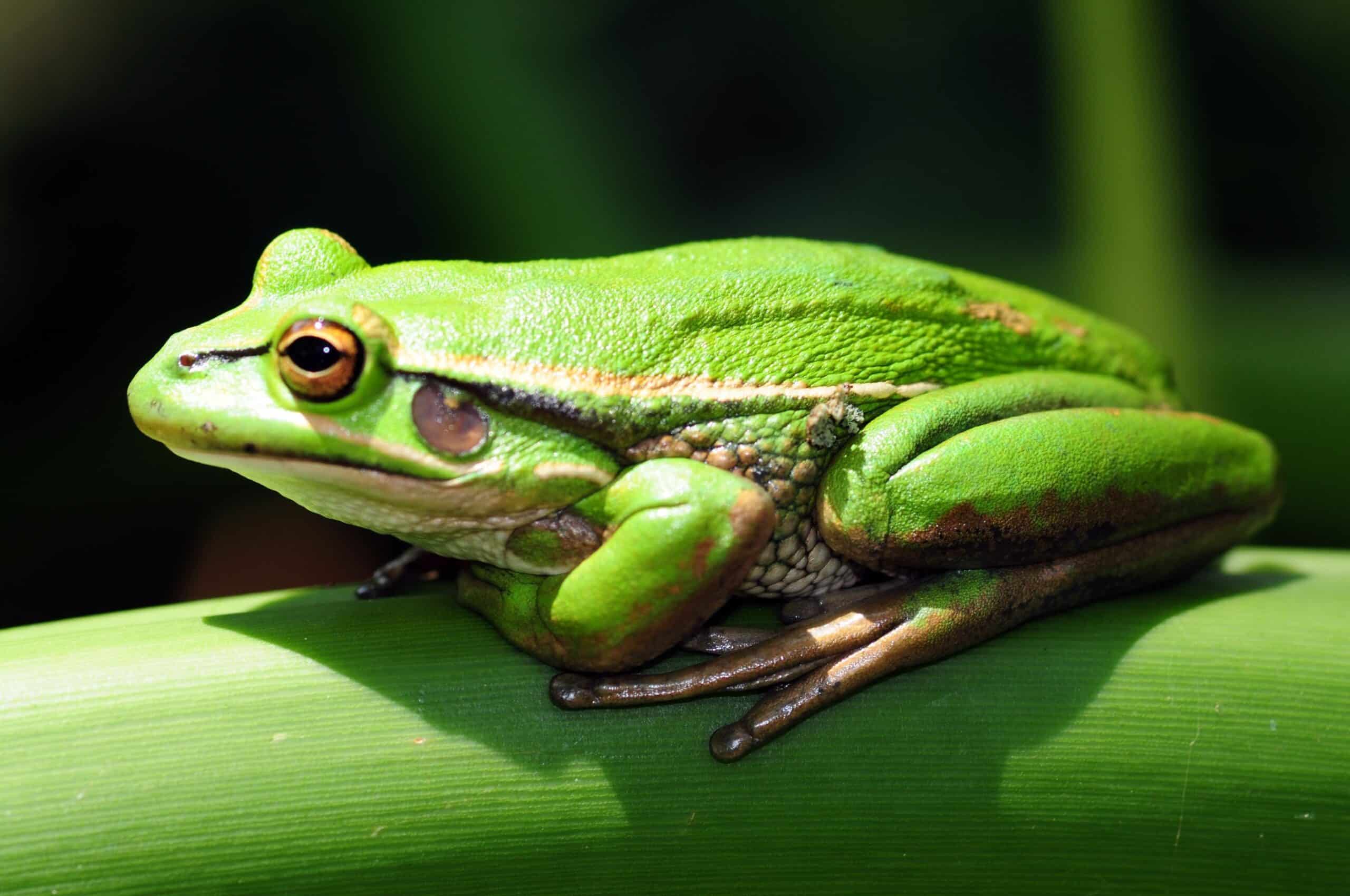Australia’s native animals are protected by law — but that protection comes with caveats. Across every state and territory, permits are routinely issued that allow property owners to kill native wildlife. Known in many jurisdictions as “damage mitigation permits,” these licences have quietly sanctioned the deaths of millions of animals...
Around 11 million egg-laying hens suffer every day in cramped battery cages. That’s 2 out of every 3 of Australia’s layer hens. The debate continues over whether future generations can be confined in the same way in the seemingly never-ending review of the Australian Poultry Standards and Guidelines. The review process kicked off in 2015 but stalled with some sectors of the industry, with support from some state governments, unwilling to embrace progress and a move away from battery cages, despite overwhelming public opinion and scientific evidence.
The development of the standards has been managed by Animal Health Australia (AHA), and by 2017 was mired in controversy. Scientists stepped forward to say their research was distorted in favour of caged egg production. The RSPCA found the process was being ‘heavily influenced’ by industrial egg producers and threatened to leave the poultry standards advisory group. The ABC’s 7.30 program reported egg industry collusion with NSW government departments to sabotage efforts to phase out cruel battery cages. Emails between state government departments exposed through Freedom of Information requests revealed the level of ‘stage-managing’ that had taken place to influence the new draft standards in favour of the egg industry.
Meanwhile, the public made their views abundantly clear. An astounding 167,000 submissions hitting the desk of the AHA who were overwhelmed with the task of producing a report to summarise them all. The draft Poultry Standards encompass a number of important welfare issues such as the provision of clean water for ducks to swim in, whether perches and nests should be provided, and slaughter techniques, but it failed to phase out the battery cage and agreement on that draft was never reached.
Battery cages fail to meet the physiological and behavioural requirements of layer hens. Caged hens are denied natural behaviours such as nesting, perching, and dustbathing, all-important for welfare as shown in an extensive body of scientific evidence.
Thankfully the public’s persistent rejection of the battery cage is paying off because the latest draft that is on the table reportedly could see the end to the battery cage. So, well done! However, also on the table is an option for cages to continue and the states remain in disagreement over which to choose.
To resolve the stalemate, in November this year the Meeting of Agriculture Ministers agreed to establish an independent scientific panel to recommend the new Poultry Standards. While it pushes the process out even further, Humane Society International looks forward to the appointment of a panel free from vested interests and who will base their recommendations for the new Poultry Standards firmly in the evidence. When they report to the next Agriculture Ministers Forum in 2020, it will present another opportunity for you to make your views known once again to ensure the decision-makers make the right choice for the birds.
And, while this frustratingly drawn-out process drags on, we can take heart from momentum building against the battery cage. The ACT put in place a ban on battery cages in 2014. In New South Wales a parliamentary inquiry instigated by the Animal Justice Party recommended a phase-out of battery cages which was agreed to by all political parties.
The use of conventional battery cages for laying hens is banned or being phased out under laws or regulations throughout the European Union, in six U.S. states, and in New Zealand and Bhutan. Officials in the majority of the states in India, the world’s third-largest egg producer, have declared that the use of battery cages violates the country’s animal welfare legislation and they are debating a national ban.
Australia’s top three leading supermarkets have committed to going cage free: Coles have no cage eggs under their own-brand, Woolworths ended cage egg sales in 2018, and Aldi will be cage free by 2025. Subway, Grill’d and IKEA only use cage free eggs across more than 1500 outlets across Australia, Hungry Jacks are now cage free, McDonald’s went cage free in 2017, Simplot (Lean Cuisine and Leggo’s brands) use only cage-free eggs for ingredients. Mars and Unilever have committed to cage free effective in 2020.
Progress is being made and we are getting ever closer to the right result on a national standard, so thank you for your patience and for never giving up. Together we will make sure 2020 is the year Australia finally decides to can the cage.
Georgie Dolphin is a passionate animal advocate and has been part of the team at Humane Society International since 2012. She grew up on a farm in the UK and gained an honours degree in Animal Science at Leeds University. In her role as Program Manager for Animal Welfare, Georgie’s responsibilities include campaign work on donkeys, farm animals, free range food labelling and the fur trade, as well as the operation of the organisation’s true free range program, Humane Choice.


